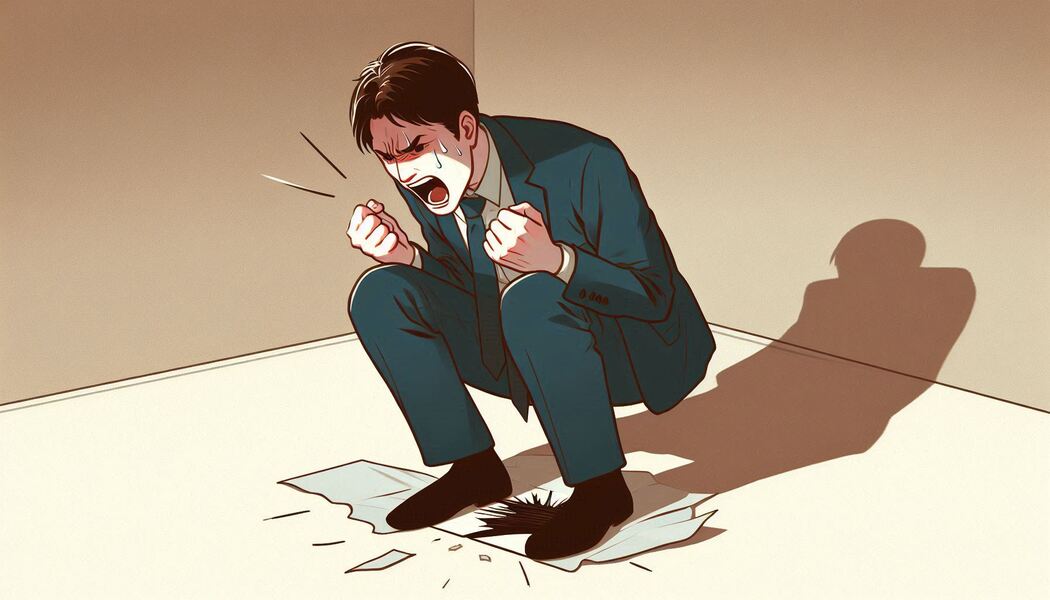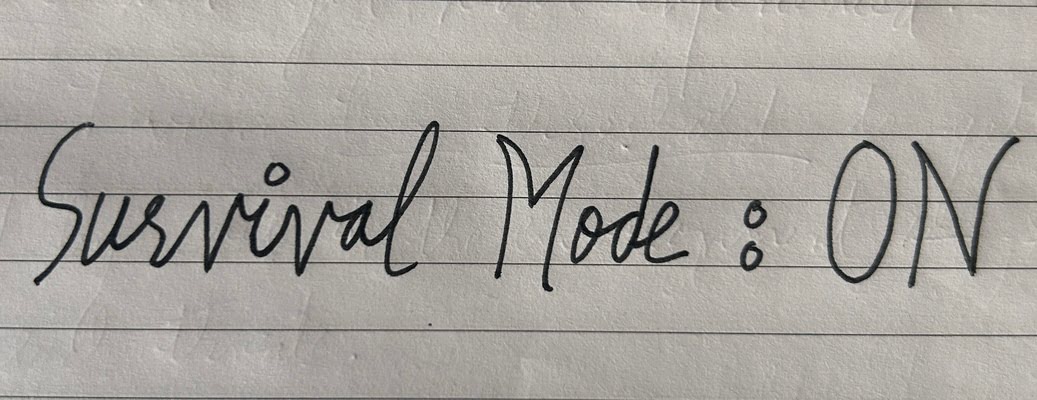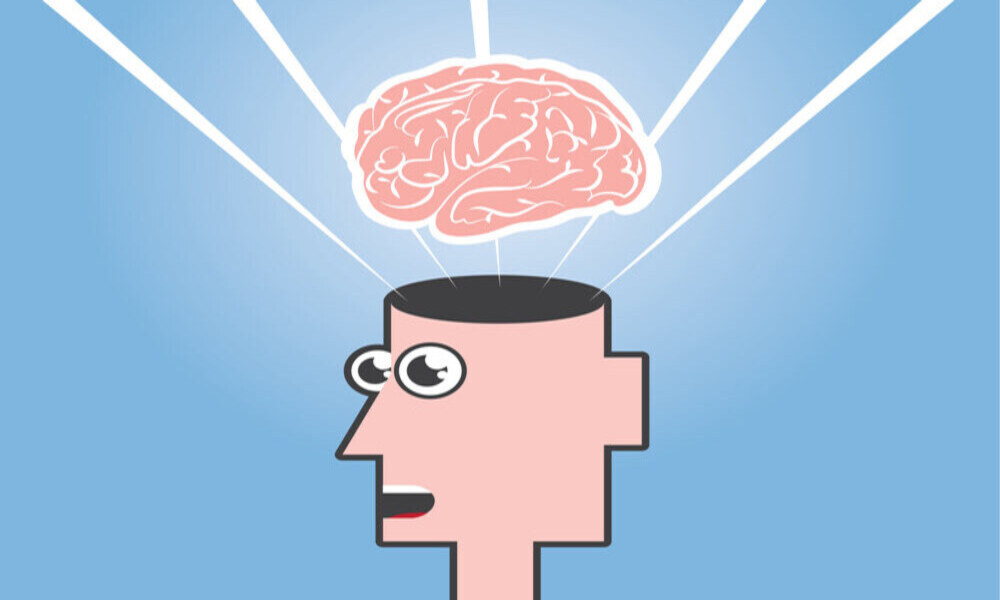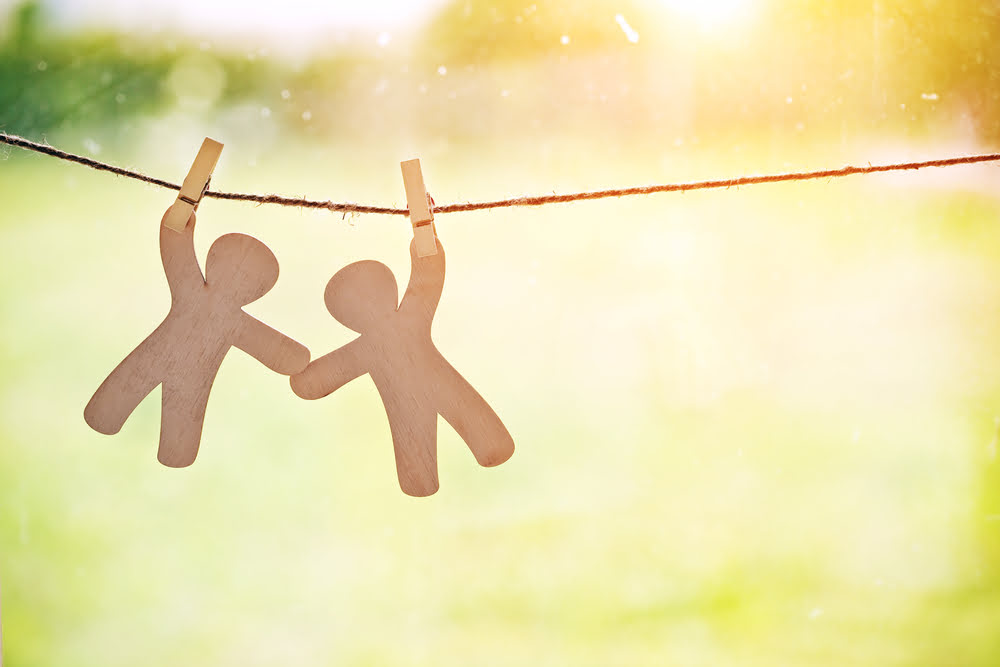22 Signs of arrested emotional development in adults
Psychologist Erik Erikson discussed the stages of psychosocial development that each person goes through. At each stage, specific needs must be met. If those needs aren’t met, a person gets psychologically ‘stuck’ or arrested in that stage. According to Erikson, unresolved developmental tasks leave a life-long residue of emotional immaturity. As a result, many people’s …









